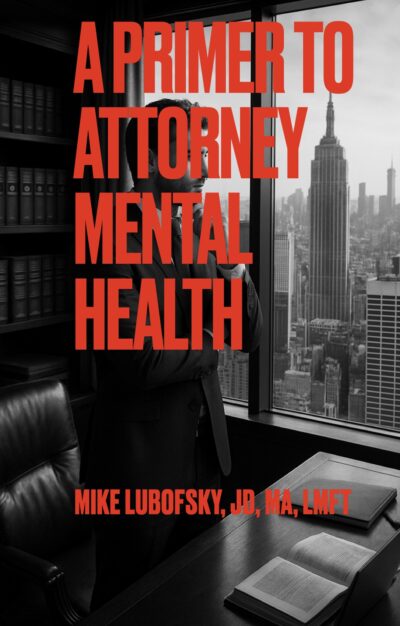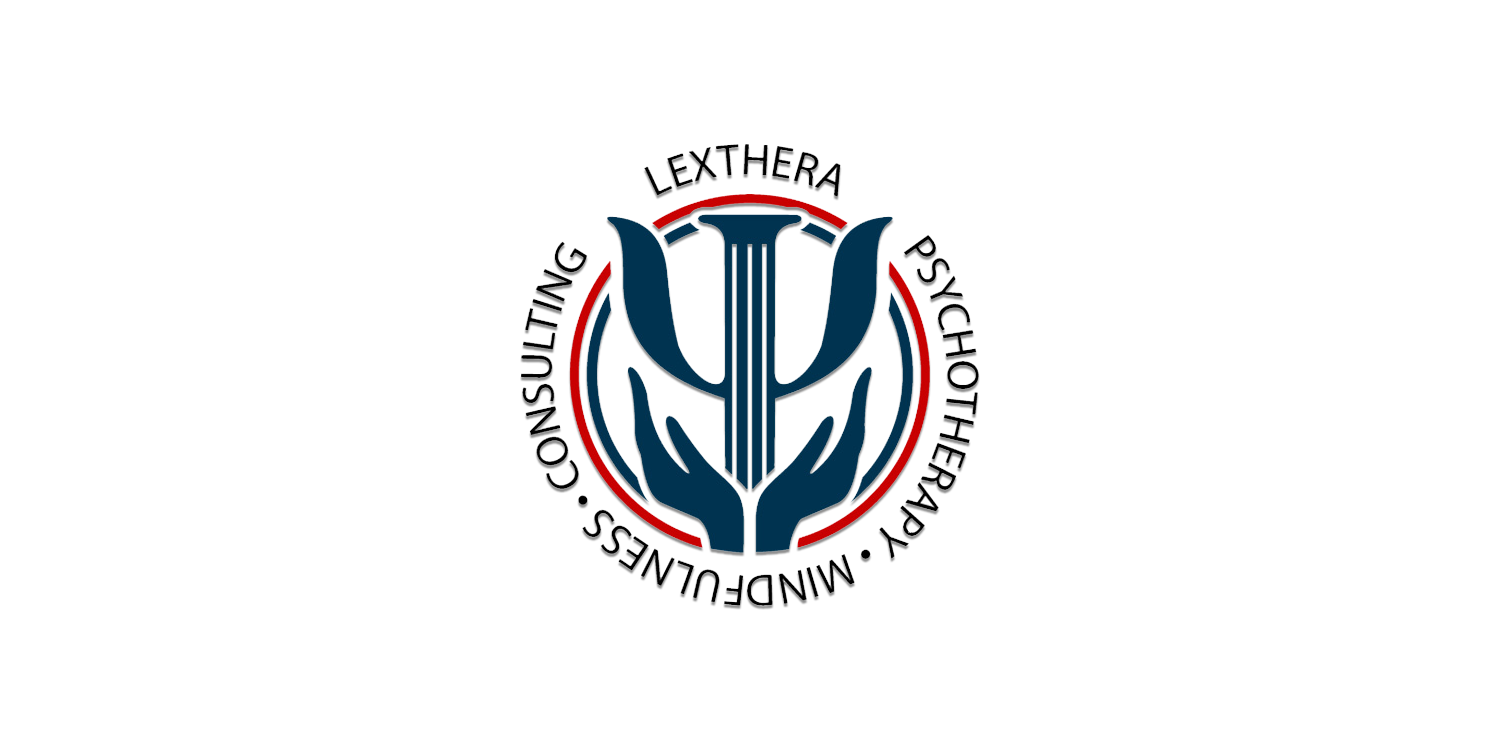 Mike Lubofsky provides highly-specialized psychotherapy to attorneys throughout California, including a unique Emotional Intelligence and Regulation Group specifically tailored to attorneys. Mike is a licensed psychotherapist and an attorney admitted to practice in California and Connecticut, and also serves as a Mental Health Hearing Officer in the Superior Court of California, County of Alameda where he adjudicates 5250 hearings related to involuntary psychiatric hospitalizations, as well as capacity hearings related to the administration of antipsychotic medication. Mike has been featured in The National Law Journal and San Diego Lawyer Magazine on issues related to attorney mental health, and in 2022 addressed a forum of The American Bar Association on the value of mindfulness practice as an effective approach to mitigating depression and anxiety among attorneys.
Mike Lubofsky provides highly-specialized psychotherapy to attorneys throughout California, including a unique Emotional Intelligence and Regulation Group specifically tailored to attorneys. Mike is a licensed psychotherapist and an attorney admitted to practice in California and Connecticut, and also serves as a Mental Health Hearing Officer in the Superior Court of California, County of Alameda where he adjudicates 5250 hearings related to involuntary psychiatric hospitalizations, as well as capacity hearings related to the administration of antipsychotic medication. Mike has been featured in The National Law Journal and San Diego Lawyer Magazine on issues related to attorney mental health, and in 2022 addressed a forum of The American Bar Association on the value of mindfulness practice as an effective approach to mitigating depression and anxiety among attorneys.
As a dually-licensed psychotherapist and attorney, Mike is also uniquely qualified to help attorneys obtain reasonable accommodations under the ADA for psychological challenges experienced within challenging law firm environments.
Most psychotherapy, as well as the Emotional Regulation for Attorneys group, are virtually conducted either on Zoom; in-office sessions are available on a limited basis. While direct psychotherapy is limited to residents within California, we provide coaching, consulting, and ongoing support to attorneys and law firms throughout the United States and offer professional consulting for law firms seeking more sustainable practices at www.lawfirmwellness.com. You can learn more about individual therapy and couples counseling provided to non-lawyers by visiting www.lexthera.com.
In 2025, Mike also launched the first online directory of therapists specifically serving attorneys at AttorneyTherapists.com, see https://attorneytherapists.com.
Copyright © 2023 by LUBOFSKY PC. All Rights Reserved. For more information on attorney mental health visit AttorneyTherapists.com.

